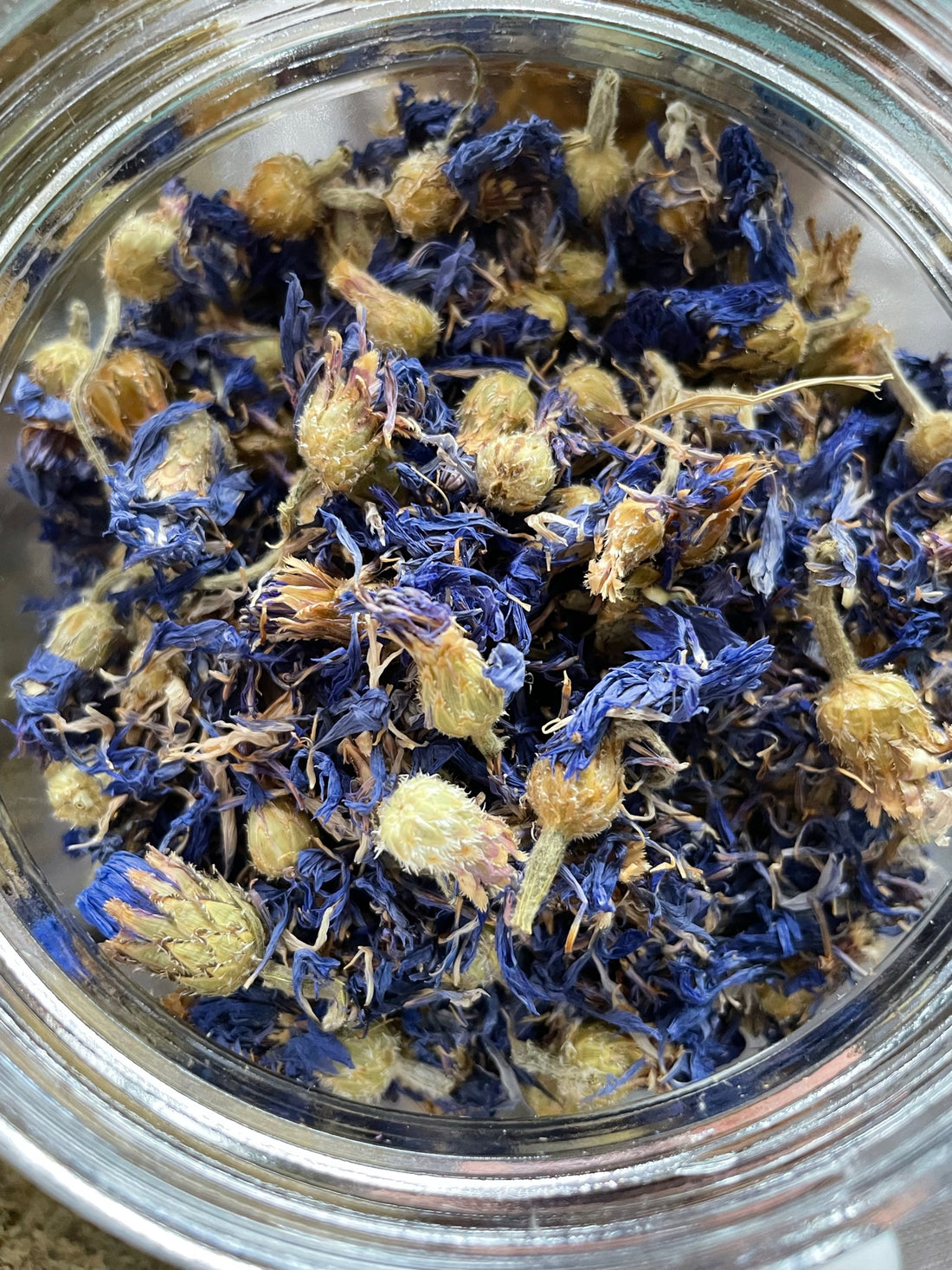Most folks in our modern culture are pretty detached from any knowledge of what to do with plant medicine or herbal remedies, and yet our ancestors knew lots. What happened?
Well, that's a long and nuanced story, but here in the United States a large part of the issue was the evolution of the medical profession in this country, beginning in the 18th century (1700s).
Before I say more, I want to be clear, as an herbalist and a shop owner: I am not against Western medicine or modern pharmaceuticals. If you're looking for an anti-science ally, I'm not your girl. I have a family member who is alive today because of modern cancer treatment. I've had times in my life where I have needed modern medical care. But the evolution of medical care here in the US has thrown out many babies with the bathwater, and left us with incomplete concepts of health, healing, and options.
As an herbalist who has very personal, spiritual relationships with plants, however, I know that plants are powerful allies with whom we humans can build powerful relationships. So, what happened?
What I'm about to discuss is something some folks would call, "political" and that's sad in my mind. As a shop owner I really had to think about that. Because my goal here isn't to be political. It's just that there's no way to talk about this topic without talking about the fact that the reason we don't have mainstream herbal health care in this country, is that woman and people of color were intentionally excluded from being a part of the medical establishment in this country as it formed.
The medical establishment and its development in this country were centered around universities, and universities explicitly excluded women and people of color, the folks most likely to have herbal knowledge, from participation. My own great grandmother was the first woman to attend the University of New Hampshire, and that was in the 1890s, well after the medical field had established itself factually as a white men-only club. She was apparently a good botany student, and she should have been: She was raised in farm country and her family knew a lot about plants.
This is factual. There's no other way to explain it because this is the factual explanation.
It was commonplace in early European settler households, in the US, for women to keep apothecary gardens at their homes. We know this as a culturally documented fact. It is also the case that the indigenous folks who were here before them were extremely knowledgable about herbal healing. And the African ancestors who were brought here also brought their own extensive herbal healing traditions.
It is factual that these immense repositories and conveyors of knowledge were intentionally excluded from the developing medical field, here. The only conspiracy involved wasn't a conspiracy, it was the legal exclusion of the folks who knew the most about herbal healing.
We had this knowledge, but those in power made choices to exclude it.
One of my goals as an herbalist is to help people reconnect to the plants. If you ever have questions about them, please let me know, it's why I'm here. I'm not interested in debating facts. The facts are the facts. But if you are ready to move forward to reclaim these gifts that were taken from all of us, I'm here to help.
